Best Time for Waterproofing Applications
Waterproofing is a crucial process to prevent water intrusion and protect structures from damage caused by moisture. Proper timing ensures the effectiveness and longevity of waterproofing applications, reducing the risk of costly repairs and structural issues.
Spring offers moderate temperatures and lower humidity, ideal for waterproofing projects. It allows enough time for curing before summer heat or winter cold.
Summer provides warm weather, which can accelerate curing times. However, high temperatures and humidity may require adjustments in application techniques.
Fall temperatures are typically mild, making it suitable for waterproofing. It also provides ample time for the material to settle before winter.
Winter temperatures can hinder waterproofing effectiveness due to freezing conditions and high moisture levels, making it less ideal for new applications.
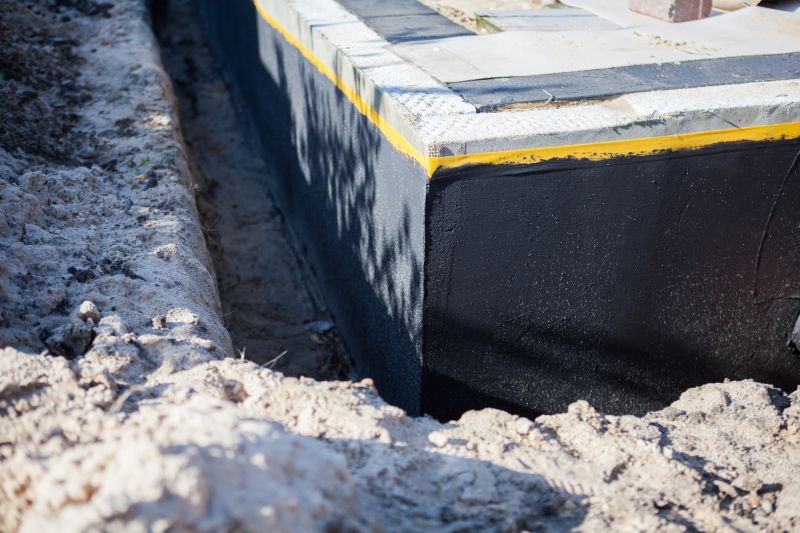
Ways to make Waterproofings work in tight or awkward layouts.
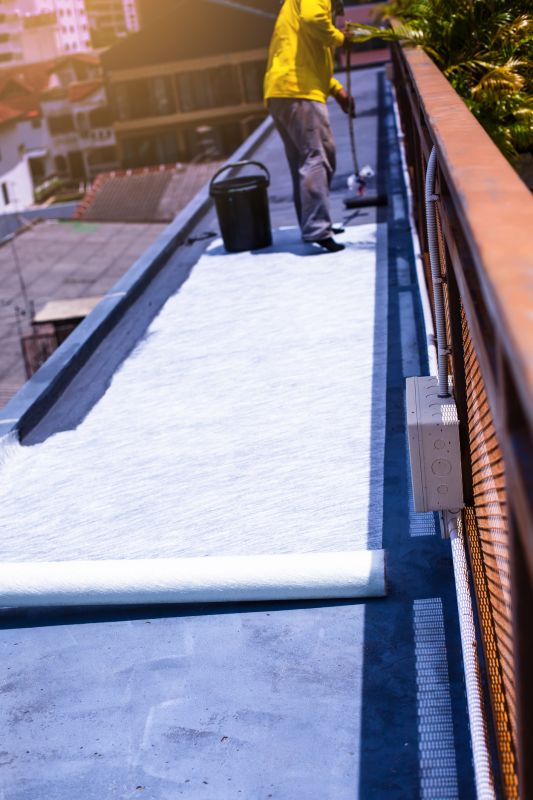
Popular materials for Waterproofings and why they hold up over time.
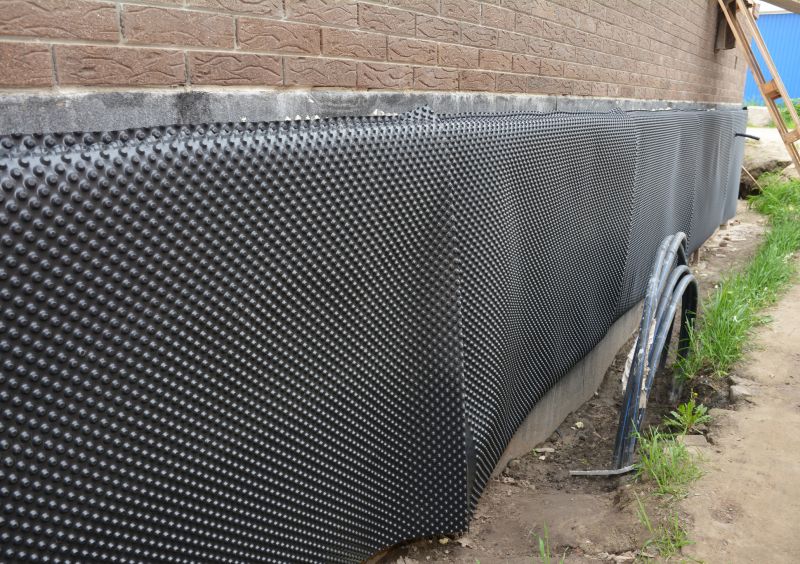
Simple add-ons that improve Waterproofings without blowing the budget.
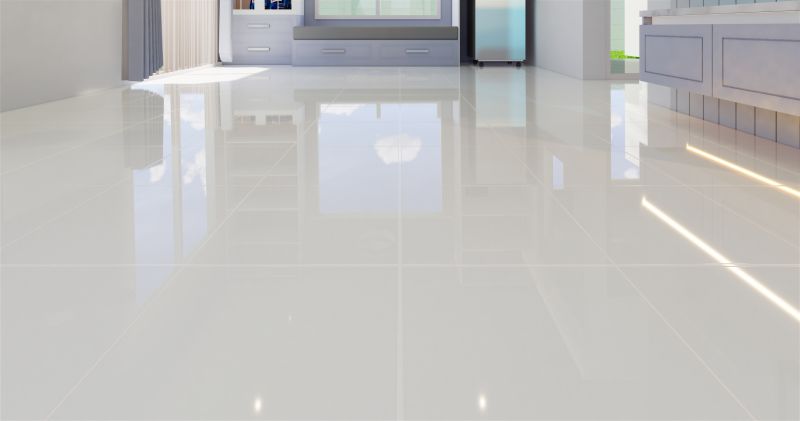
High-end options that actually feel worth it for Waterproofings.
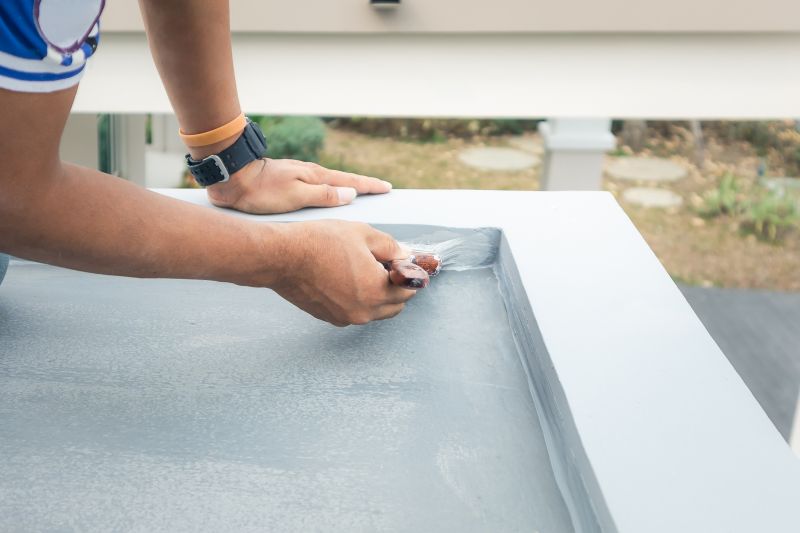
Finishes and colors that play nicely with Waterproofings.
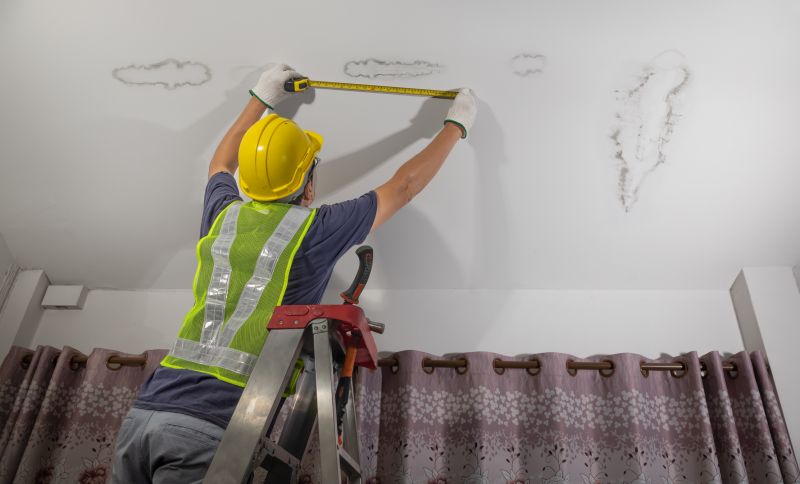
Little measurements that prevent headaches on Waterproofings day.
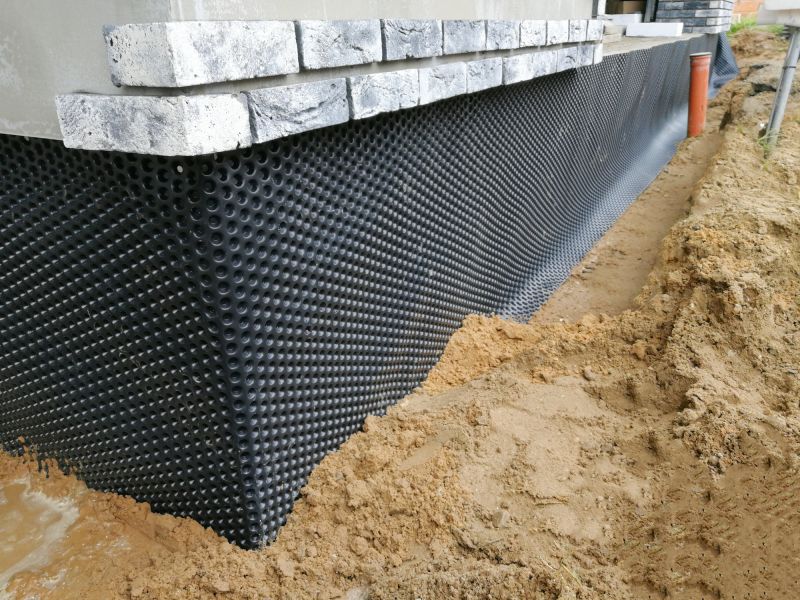
A 60-second routine that keeps Waterproofings looking new.
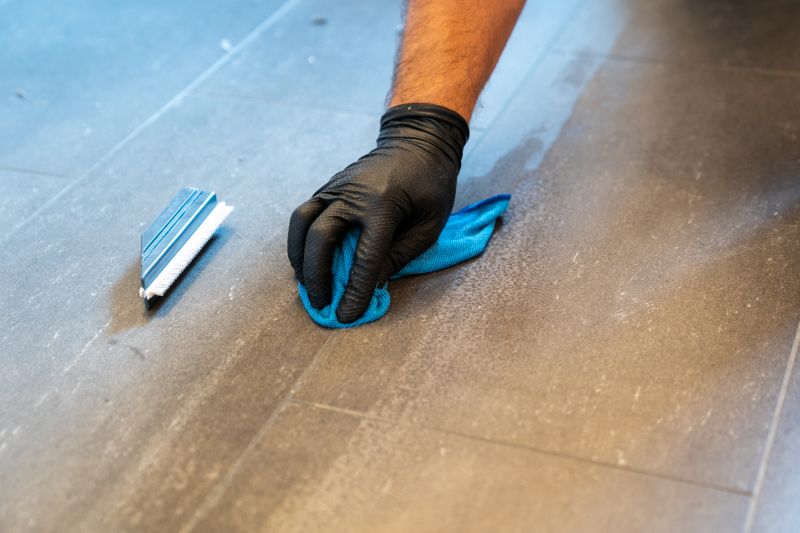
A frequent mistake in Waterproofings and how to dodge it.
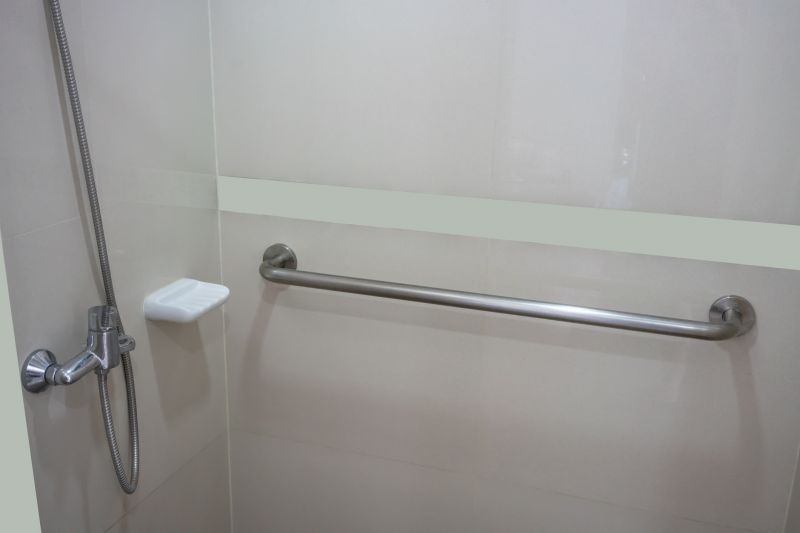
Small tweaks to make Waterproofings safer and easier to use.
| Season | Ideal Conditions |
|---|---|
| Spring | Moderate temperatures, low humidity, dry weather |
| Summer | Warm temperatures, monitor humidity levels |
| Fall | Mild temperatures, dry conditions |
| Winter | Freezing temperatures and high moisture levels |
Waterproofings are essential for protecting foundations, roofs, basements, and other structures from water infiltration. Different materials and techniques are used depending on the application and environmental conditions. Proper timing ensures maximum effectiveness, with the ideal periods being during dry and mild weather conditions. The right timing can also extend the lifespan of waterproofing systems, reducing maintenance costs and preventing structural damage.
Statistics show that waterproofing failures are often linked to improper timing and application conditions. For example, applying waterproofing materials during wet or freezing weather can compromise adhesion and curing, leading to early failure. Therefore, understanding seasonal patterns and weather forecasts is crucial for scheduling waterproofing projects effectively.
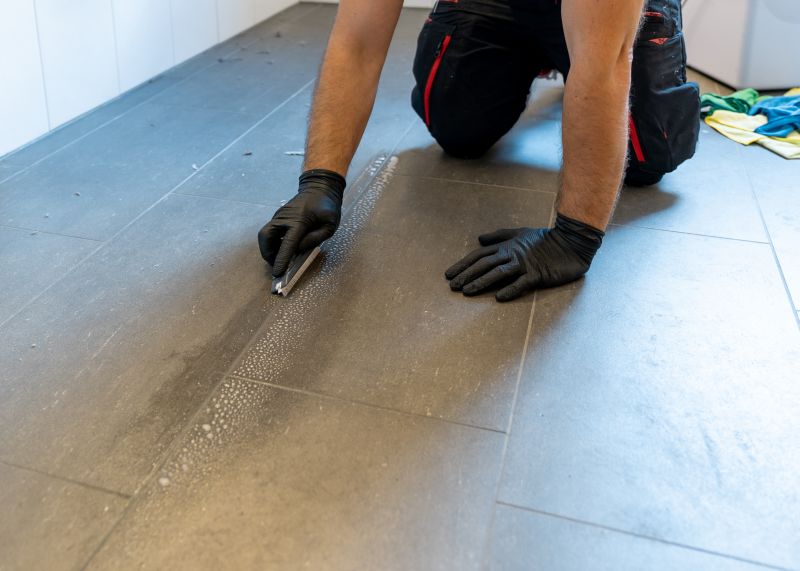
Lower-waste or water-saving choices for Waterproofings.
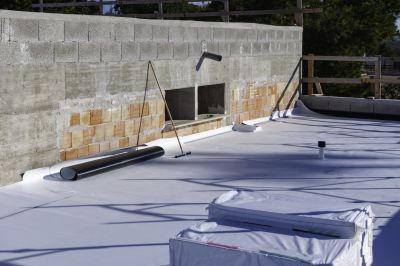
The short, realistic tool list for quality Waterproofings.
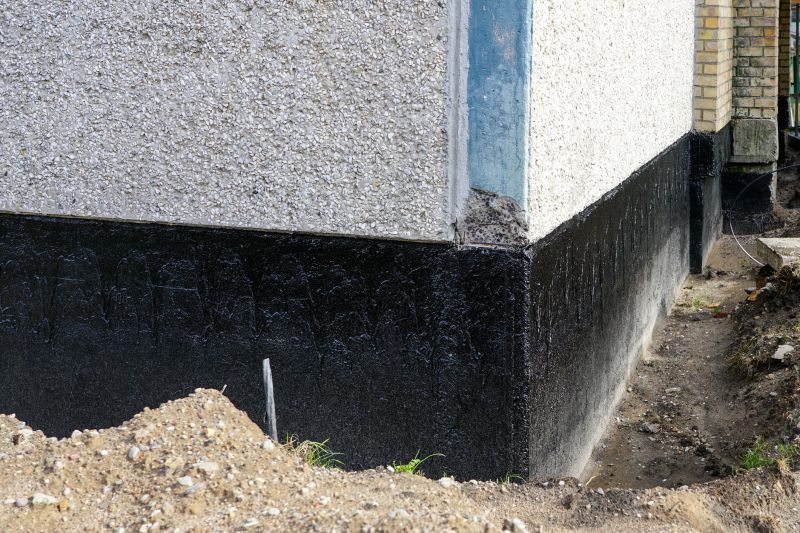
Rough timing from prep to clean-up for Waterproofings.
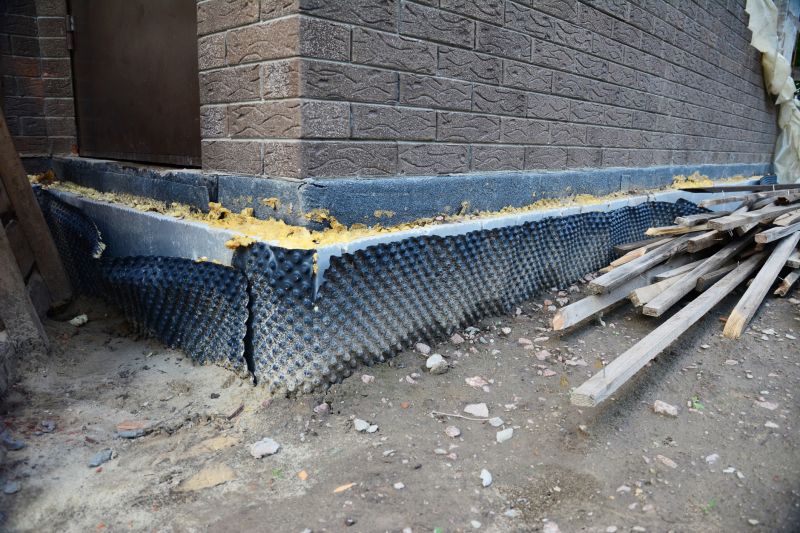
Quick checks and paperwork to keep after Waterproofings.
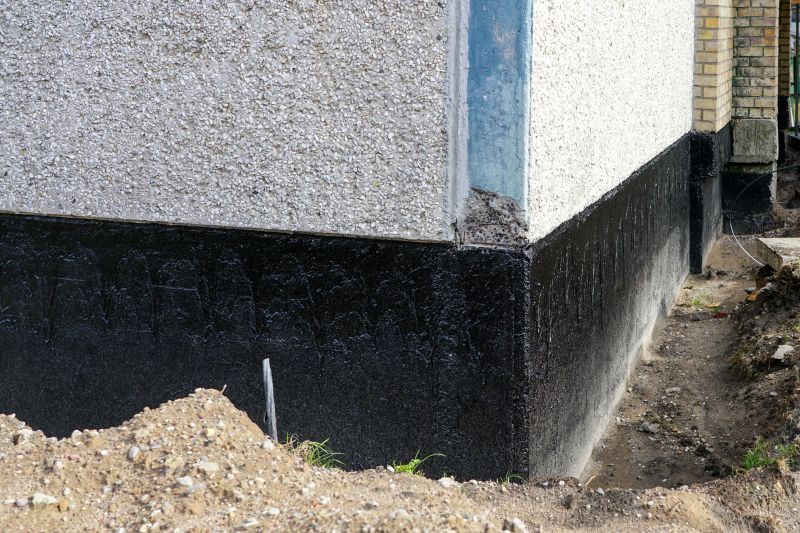
Examples that show the impact a good Waterproofings can make.
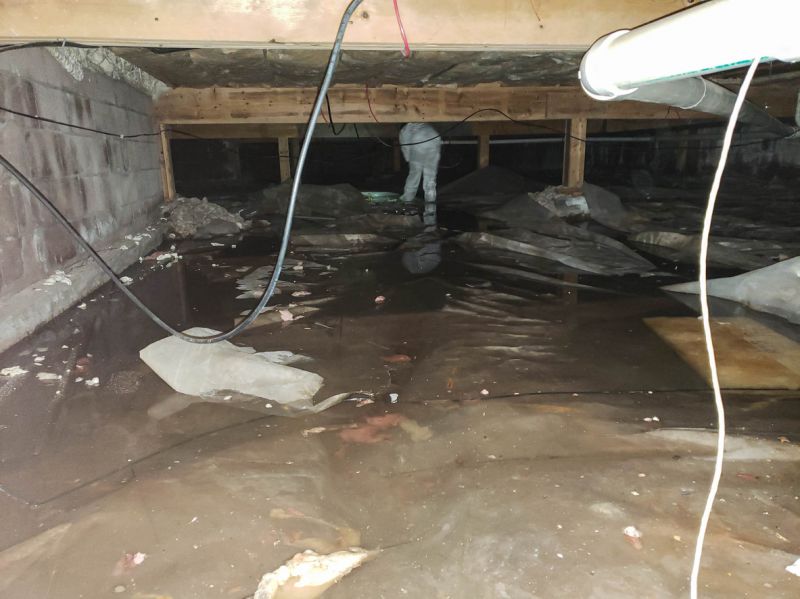
Ways to make Waterproofings work in tight or awkward layouts.
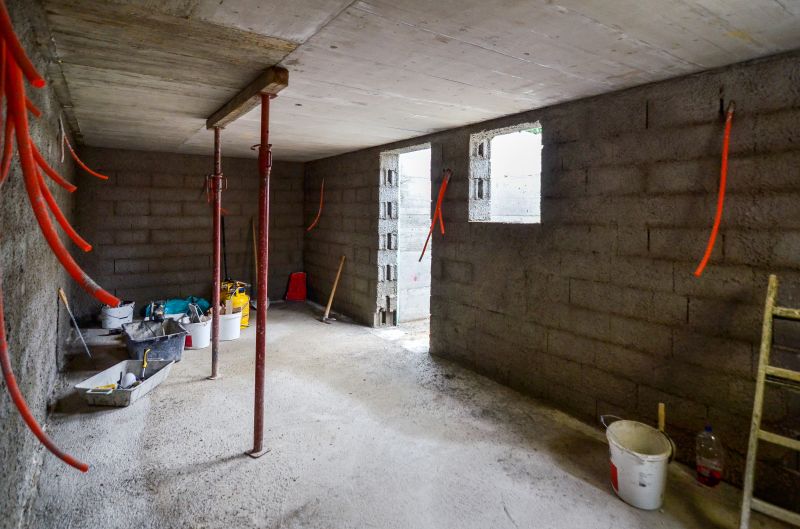
Ways to make Waterproofings work in tight or awkward layouts.
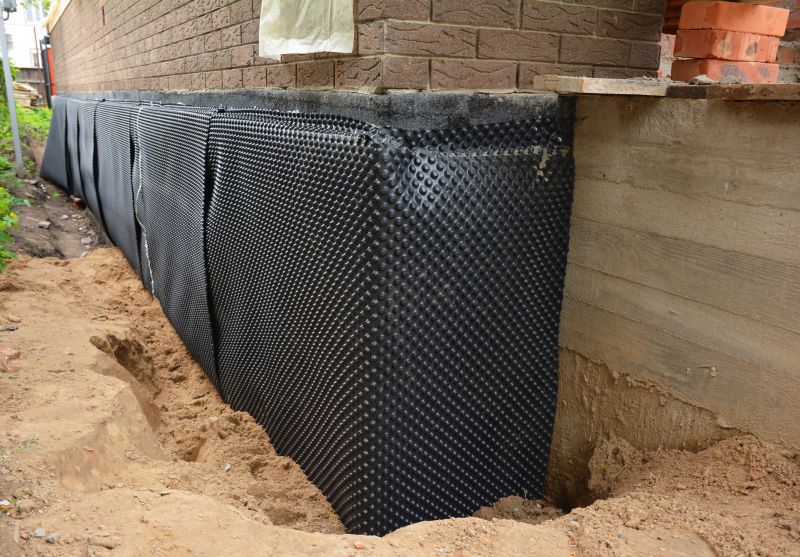
Ways to make Waterproofings work in tight or awkward layouts.
Individuals interested in waterproofing services are encouraged to contact for further information. Proper scheduling and application techniques can significantly enhance the durability and effectiveness of waterproofing systems, safeguarding structures from water-related damages.


